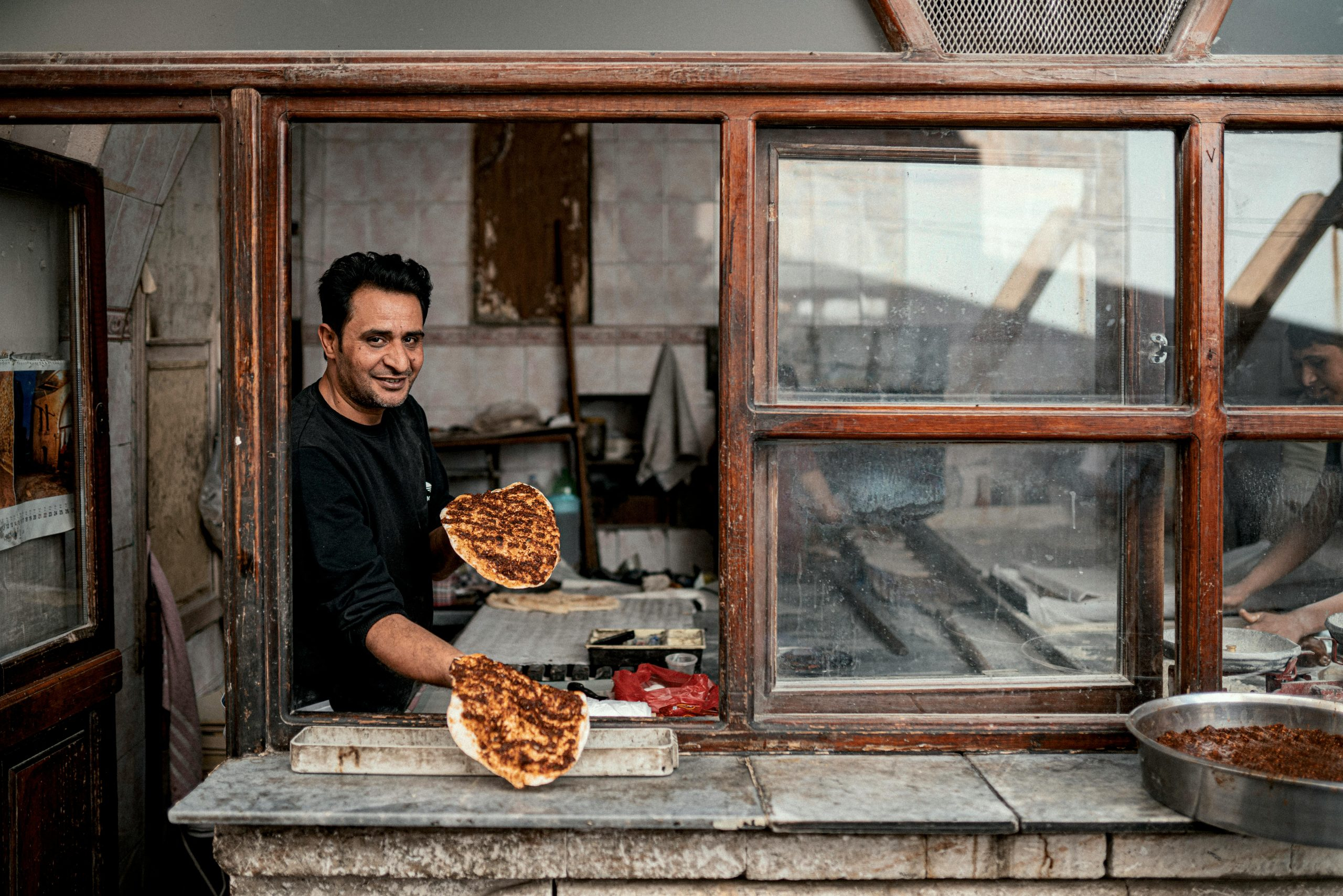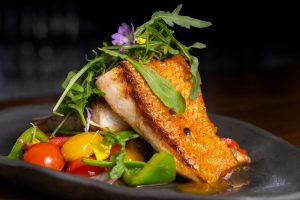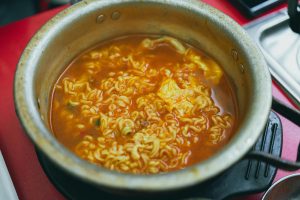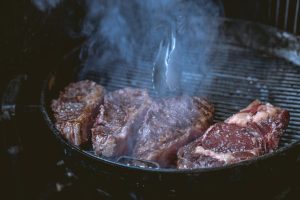How To Explore Regional Food Cultures Through Cooking
If you are a food lover like me, then you probably enjoy exploring different cuisines from around the world. While traveling to different countries is not always possible, one way to experience new and unique flavors is by delving into regional food cultures through cooking. Not only does this allow you to expand your palate, but it also helps you to learn more about the history and traditions of different regions. In this article, we will discuss the best ways to explore regional food cultures through cooking, and how it can bring a whole new dimension to your culinary journey.
Understanding The Importance of Regional Food Cultures
Food is not just something we eat to fulfill our basic needs; it is a representation of our culture, heritage, and identity. Every region has its own unique ingredients, cooking techniques, and traditional dishes that have been passed down through generations. These regional food cultures are a way for people to connect with their roots and preserve their cultural heritage.
How Cooking Can Help You Explore Regional Food Cultures
Cooking is one of the most immersive and hands-on ways to experience a different culture. By stepping into the kitchen and using traditional ingredients and recipes, you can create a connection to a particular region and its people. Not to mention, cooking allows you to experiment and get creative, which can add your own personal touch to traditional dishes.
To truly explore regional food cultures through cooking, it is important to go beyond just replicating recipes. Instead, try to understand the cultural significance of certain dishes, the stories behind them, and the role they play in the daily lives of people in that region.
Tips For Exploring Regional Food Cultures Through Cooking
1. Research And Learn
Before you start cooking, take some time to research the region’s food culture that you are interested in exploring. Learn about the traditional ingredients, common cooking techniques, and popular dishes. You can find plenty of information online, in cookbooks, or by talking to people from that region. This will not only help you to understand the food better but also give you a deeper appreciation for it.
2. Try New Ingredients
One of the most exciting parts of exploring regional food cultures is trying new ingredients. Expand your palate by incorporating local and traditional ingredients into your cooking. Visit local markets or ethnic grocery stores to find unique spices, grains, and produce. This will not only add new flavors to your dishes but also give you a better understanding of the ingredients and their significance in the region’s cuisine.
3. Experiment With Recipes
While traditional recipes are a great starting point, don’t be afraid to experiment and add your own twist to them. This is where you can get creative and play around with different flavors and techniques. Don’t be afraid to make mistakes; this is how you will learn and grow as a cook. Plus, it makes the experience more fun and enjoyable.
4. Involve Others
Cooking and food bring people together, so why not involve others in your exploration of regional food cultures? Invite friends and family to join you in the kitchen, or even host a dinner party where everyone brings a dish from a different region. This is a great way to learn from each other, share stories, and create new memories.
5. Visit The Region
While cooking is a great way to explore regional food cultures, nothing beats experiencing it firsthand. If possible, plan a trip to the region you are interested in and immerse yourself in the local food scene. Not only will you get to taste authentic dishes, but you will also get to see their preparation and learn from the locals.
In Conclusion
Cooking is an exciting and immersive way to explore regional food cultures. By researching, trying new ingredients, experimenting with recipes, involving others, and even traveling to the region, you can gain a better understanding and appreciation for their food traditions. So, the next time you are craving something new and unique, don’t just go to a restaurant – step into the kitchen and explore a regional food culture through cooking.










